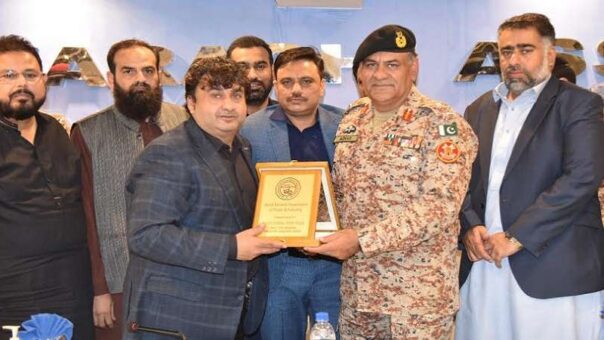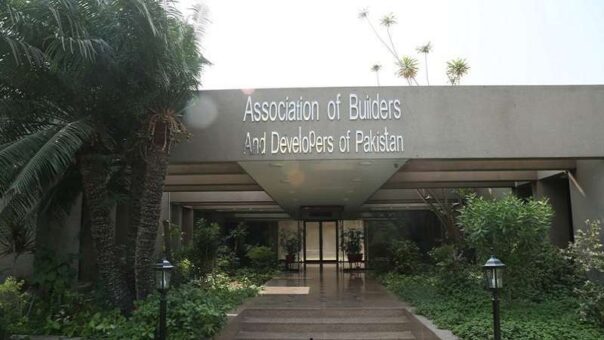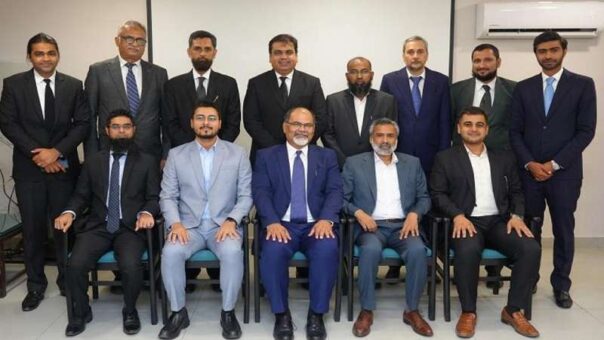Suleman Chawla, the Acting President of the Federation of Pakistan Chambers of Commerce and Industry (FPCCI), has expressed concerns about the lack of direction and consultative process between the government and the business community in Pakistan.
(more…)Category: Trade & Industry
This section covers news on trade and industry. Pakistan Revenue is committed to providing the latest updates on business trends.
-

SBP withdraws cash margin requirements on imports from March 31
KARACHI: State Bank of Pakistan (SBP) on Friday announced to withdraw cash margin requirements on imports from March 31, 2023.
(more…) -

Pakistan textile exports plunge by 30% in February 2023
KARACHI: Textile exports of Pakistan have plunged by 30 per cent in February 2023 owing to challenging economic scenario of the country.
(more…) -

DG Rangers assures industrialists of resolving law, order issues
KARACHI: Director General Pakistan Rangers Sindh, Major General Azhar Waqas (Hilal Imtiaz Military) has assured all possible cooperation to the industrialists of North Karachi industrial area,
(more…) -

Karachi Chamber issues advisory for membership renewal
Karachi Chamber of Commerce and Industry (KCCI) on Friday issued advisory to its members for renewal of membership.
(more…) -

Russia hopes rapid improvement in Pakistan relations despite sanctions
KARACHI: Russia hopes improvement in relations with Pakistan despite sanctions imposed by western countries.
(more…) -

State minister admits move as unconstitutional to retrospectively increase gas tariff
KARACHI: I am also of the view that the increase in gas tariff should not be applicable from January 01, 2023 and I have convened message of business community to relevant authorities.
(more…) -

ABAD lodges complaints against police officials involved in land grabbing
Association of Builders and Developers (ABAD) Pakistan has lodged a complaint against police officials involved in land grabbing.
(more…) -

Bangladesh invites Pakistan’s businessmen to explore investment opportunities
KARACHI: Bangladesh has invited Pakistan’s businessmen to explore trade and investment opportunities, according to a press release issued on Friday.
(more…)

